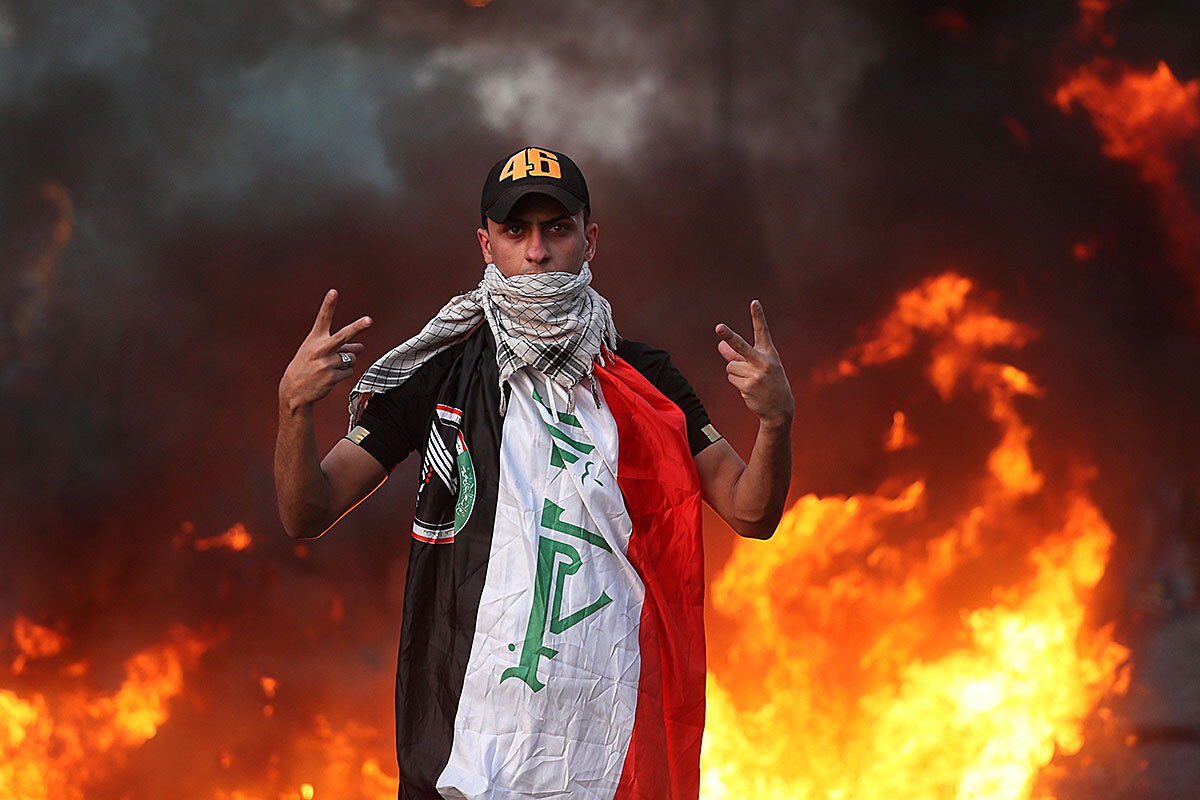Whether you call it a constitutional crisis or a partisan impasse, the current deadlock between the White House and Congress is not something envisioned by the Founders. And it may only be resolved at the ballot box.
Monitor Daily Podcast
- Follow us:
- Apple Podcasts
- Spotify
- RSS Feed
- Download
 Noelle Swan
Noelle Swan
Welcome to your Daily. Today’s stories explore the rapidly escalating impeachment standoff, the roots of unrest in Iraq, a shift toward far-right politics in Poland, the emergence of states’ rights as a liberal cause, and an effort to hold onto a bastion of French culture.
First, let’s talk about the power of “wow.”
In May, 9-year-old Ronan Mattin defied convention at a concert at Boston Symphony Hall. In a moment of profound silence at the end of Mozart’s “Masonic Funeral Music,” he exclaimed, “Wow!”
Ronan might have been hushed or scolded for violating the rules of decorum in a sacred sanctuary of music. Instead, laughter, then applause broke out for the wonderfully succinct expression of what many of the 2,500 in attendance were feeling.
The Handel and Haydn Society was so charmed by the simple utterance of awe that it made a public call to find the “wow child” and thank him. Last week, Ronan, who’s been diagnosed on the autistic spectrum and is relatively nonverbal, met the conductor, Harry Christophers, and other members of the orchestra during a rehearsal at Symphony Hall.
“I think a lot of times people go to the symphony, and they try to contain themselves and sit still, like maybe the way you felt when you were a kid and you were told to be seen and not heard,” Toby Oft, principal trombonist for the Boston Symphony Orchestra, told WGBH. “The idea that you would go to a concert and participate is something that we need to make space for.”
Here’s to making space for unbridled joy and spontaneous expressions of amazement.










